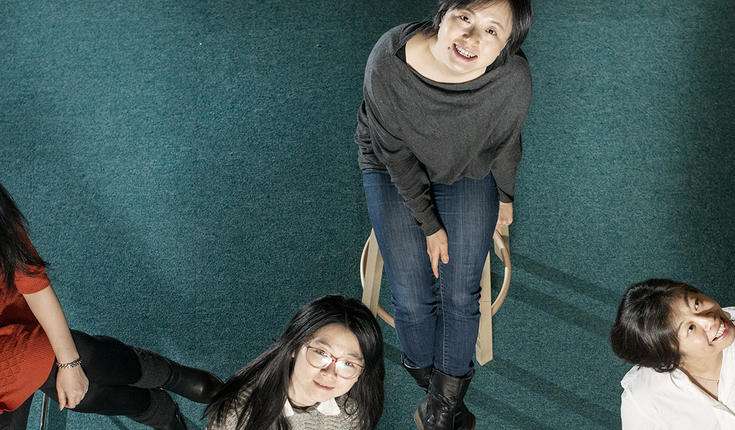Virtual reality to prevent cognitive decline

Rowing a boat in serene lake surroundings and spotting familiar animal species roaming on the shores might be something more and more elderly people get to experience in the future – with the help of virtual reality.
In addition to providing them with new ways of experiencing things, virtual reality might also be one way of preventing cognitive decline, says Ping Jiang, PhD student from University of Helsinki and the leader of Helsinki Challenge semifinalist team Senior Cognitive Booster.
"I think we can help people who could potentially suffer from cognitive decline later by keeping them active," Jiang adds.
For her thesis, Jiang studies the brains of children in a joined project between University of Helsinki and Aalto University.
"We study how the development of the brain and the brain plasticity relates to cognitive functions of children, but neural plasticity is in fact something that exists throughout our lives. People can change their brains and cognitive abilities no matter how old they are," Jiang says.
According to her, using virtual reality can be a good way to motivate elderly people to do mild physical exercises and train their cognitive abilities at the same time.
The software for this is developed by the BetterDay Innovation and its CEO Yina Ye is also a member in Jiang's team. BetterDay is currently organizing workshops and testing how elderly people living in nursing homes receive virtual reality.
To get scientific evidence of the potential benefits of virtual reality the team will test the behavioral changes as well as the structural and functional changes in the brains using functional MRI before and after the virtual reality interventions.
"We are still in the early stage in this project, but I hope that we can keep going in the competition and get funding, more impact and collaborators during the Helsinki Challenge," Jiang says.


















